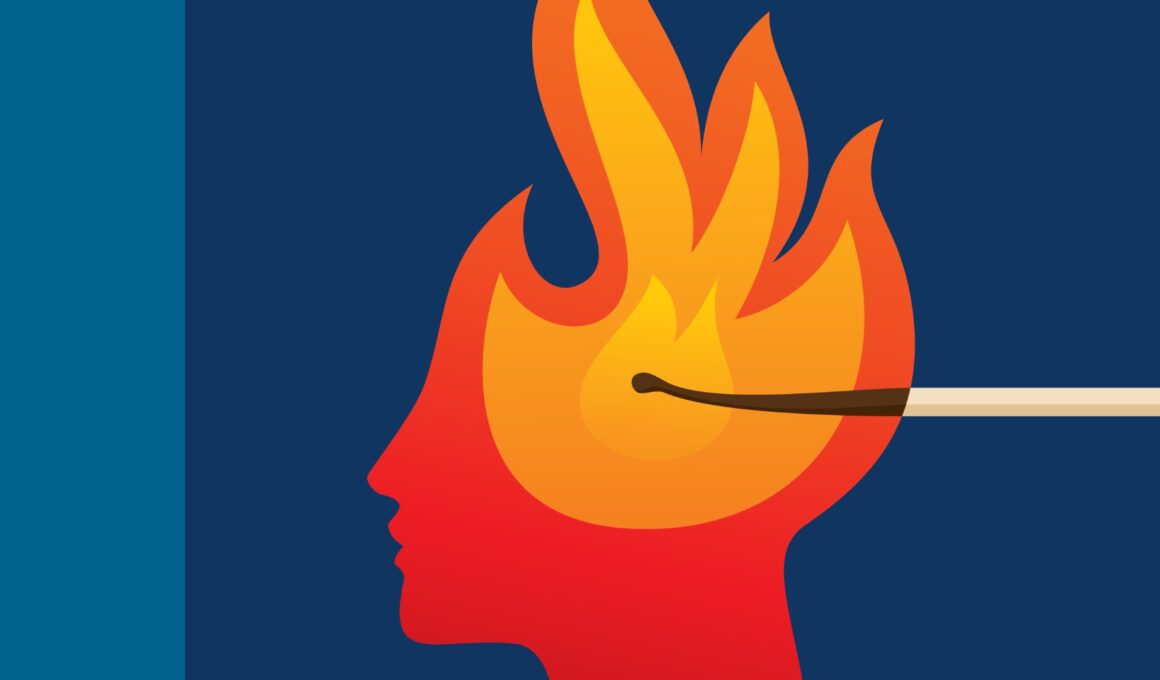All of us have bad habits, and for all of us these affect our lives to a greater or lesser extent. For some bad habits include irritating little things like biting our lips or hunching at our desks, while for others they can be more serious – things like picking our nose in public (enough to end relationships) or smoking. Either way though many of us feel helpless to do anything about these habits and believe ourselves to be pretty much ‘at their mercy’.
Of course this isn’t the case at all however, and if you are serious about making changes then you can alter your bad habits just like any other behaviour. Here we will look at a very effective way to start doing that.
Cognitive Restructuring
Cognitive restructuring is a psychological technique that comes from the cognitive behavioural therapy school of psychology. Here the patient is taught how to identify negative thoughts and repetitive ruminations that can lead to damaging thoughts and actions. For instance, someone who finds themselves craving cake and chocolate often might actually be fixating on those cravings which would make it more difficult for them to fight the urge. In cognitive restructuring we replace those damaging thought processes with more helpful ones.
One cognitive structuring method I came up with was to fixate instead then on the negative aspects of eating cake or chocolate. Normally once you have done so you will then feel somewhat guilty and you may even feel a little sick if you ate too much. So then when you find yourself craving for a sugary snack, you focus on this sickly feeling you can get and just imagine how much worse you’ll actually feel afterward. Then say to yourself ‘I don’t like cake’. Do this often enough, and you will begin to believe it and start to not want cake as a result.
Likewise, if you smoke and you want to make stopping that bit easier, then you can help again by focusing on the aspects of smoking you find unpleasant such as the after taste and having to go outside. Really focus on being out in the cold and on the nasty taste in your mouth and on the way you probably worry about your teeth and suddenly it will feel less appealing. This can work with almost anything but you might need to get creative – if you pick your nose then think about the last time you made it bleed.
Other Strategies
There are also a range of other strategies you can use that can help you along the way to combat a range of habits alongside this cognitive restructuring. Some examples include:
Making it Less Pleasant: If you can’t bring yourself to stop then you can at least make it less pleasant – for instance try smoking worse tasting cigarettes or only drinking bad tasting wine. If your habit is biting your finger nails then you can try and prevent this similarly by coating it in a bad tasting clear nail polish (look up ‘Stop n’ Grow’).
Set a Reminder: Sometimes the reason it’s hardest to stop doing something is because you aren’t even aware you’re doing it. I have restless leg syndrome for instance and I annoy myself and everyone else regularly by bobbing my leg around instead of sitting still. The way I eventually overcame this was to create an app for my phone that would buzz whenever it picked up movement and then just sit with it in my pocket – the equivalent of my Mum slapping me every time she caught me doing it.
Over-Exposure: If you struggle to use the cognitive restructuring to learn to dislike whatever your habit is, then it may be that you need a little more convincing. You can accomplish this with over-exposure to whatever it is – for instance try smoking ten cigarettes in a row, or eating an entire birthday cake in one sitting. Then whenever you find yourself craving that thing, focus on the way you felt then.
Take Up a New Habit: They say that the devil makes work for restless thumbs and you might find that when you’re just sitting there with nothing to distract you it becomes harder not to smoke/pick your nose. To solve this problem then take up something new that you can do with your hands instead (stop sniggering back there!). This could mean you learn to roll a coin over your knuckles, chew gum or even do something constructive like some exercise or brain training exercises.




